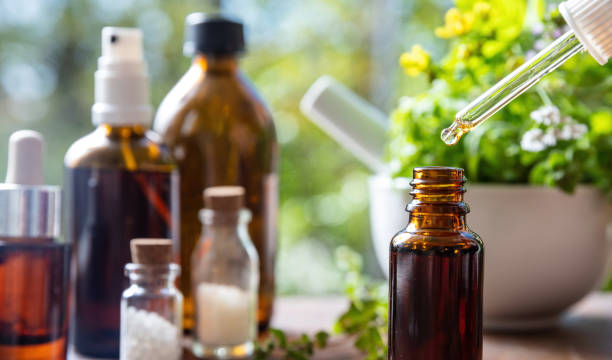
Aromatherapy in Nursing Care
Introduction: Aromatherapy is a holistic approach to healthcare that has stood the test of time, utilizing essential oils extracted from plants to promote physical, mental, and emotional well-being. In recent years, this practice has gained traction within the nursing field as a complementary therapy to augment patient care. This article delves into the ways aromatherapy benefits nursing care, discussing pain management, stress reduction, mood enhancement, immune system support, improved sleep, enhanced quality of life, and its relevance for nurses' own well-being.
Benefits of Aromatherapy in Nursing Care:
-
Pain Management: Essential oils like lavender, eucalyptus, and peppermint possess analgesic properties that alleviate pain. Inhaling or applying these oils can bring relief to patients dealing with chronic pain, post-operative discomfort, or painful procedures.
-
Stress and Anxiety Reduction: Hospitals often evoke stress and anxiety in patients. Aromatherapy creates a calming environment, using oils like chamomile, bergamot, and ylang-ylang to induce relaxation. Patients experience reduced stress levels, leading to improved sleep and overall well-being.
-
Mood Enhancement: Certain oils, such as rose, lemon, and geranium, have uplifting properties that stabilize patients' emotions. Aromatherapy aids those grappling with depression, grief, or emotional trauma.
-
Immune System Support: Antimicrobial oils like tea tree, eucalyptus, and thyme bolster the immune system. Diffusing these oils or incorporating them into massage blends helps prevent infections and supports patients' defenses.
-
Improved Sleep: Essential oils such as lavender and chamomile with sedative effects promote deep sleep, crucial for healing. Diffusing these oils or applying them topically aids patients in achieving restful sleep.
-
Enhanced Quality of Life: Aromatherapy elevates both physical and emotional well-being. By reducing pain, stress, and anxiety, patients gain a greater sense of control over their healthcare journey. It also provides comfort in the unfamiliar hospital environment.
-
Nurse Self-Care: Aromatherapy isn't solely for patients; it's a tool for nurse self-care. Aromatherapy mitigates stress, combats burnout, and supports nurses' well-being amid challenging situations.
Conclusion: Aromatherapy proves to be a valuable addition to nursing care, enhancing patient well-being through pain relief, stress reduction, mood enhancement, immune support, improved sleep, and better quality of life. For nurses, this holistic approach serves as a self-care tool, fostering relaxation and maintaining their mental and physical health. Educating oneself about essential oils, ensuring proper training, and personalized approaches to aromatherapy are vital. Collaborating with patients, families, and the healthcare team is essential for safe and effective implementation. By integrating aromatherapy, nurses create a comprehensive and holistic care experience, fostering healing, relaxation, and overall well-being.
References: